Afghanistan
-
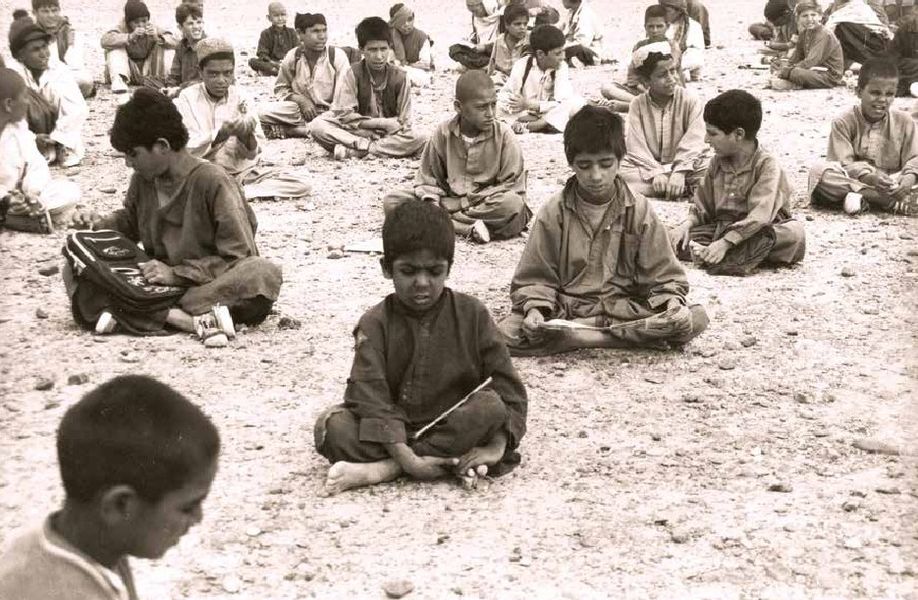
Afghanistan; A place Every Bomb Detonated
•
In the unforgiving deserts of Nimroz, amid dust and displacement, we made bonds and promises sprinkled with earth-tasting sugar to never forget each other. Narges Joodaki, an award-winning journalist, documents the harrowing journeys of Afghan refugees scarred by continuous wars. While teaching displaced children, subject to a world of suffering…
-
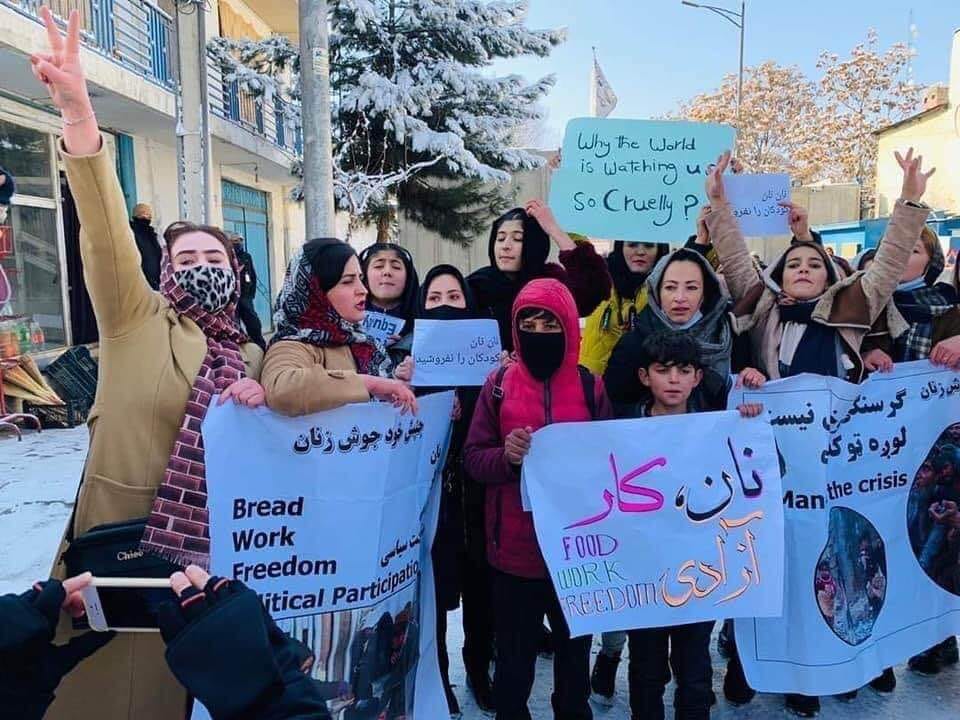
Voices Unheard: Afghan Women’s Fight Against Marginalization
•
The UN meeting on Afghanistan in Doha coincides with protests by Afghan women against Taliban rule. Parwana Ibrahim Khail, a known journalist and women’s rights activist, shared her experiences of imprisonment and torture under the Taliban, including a stoning sentence for alleged apostasy. Despite international outcry and support for these…
-
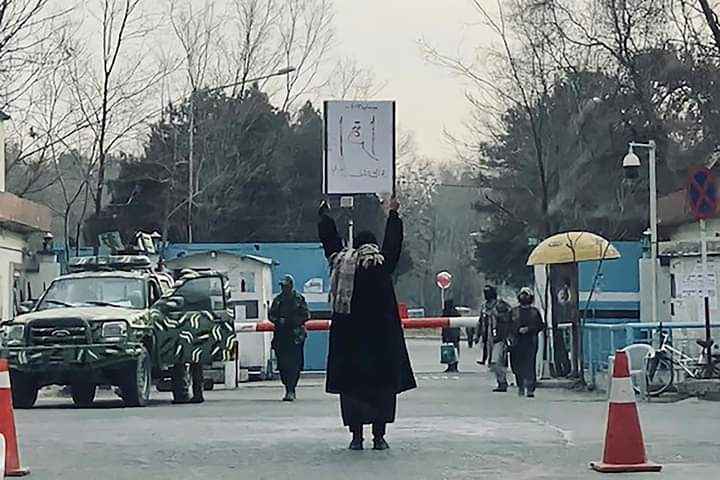
Taliban, IRI: Two Approaches on Women’s Education Rights
•
Iranian parliament members suggest that if the Taliban continues to restrict women’s education, Iran’s universities can assist them. However, they also suggest that the availability of education should be balanced with existing resources and conditions, and private universities could be a viable option for women’s education. In Iran, the government…
-
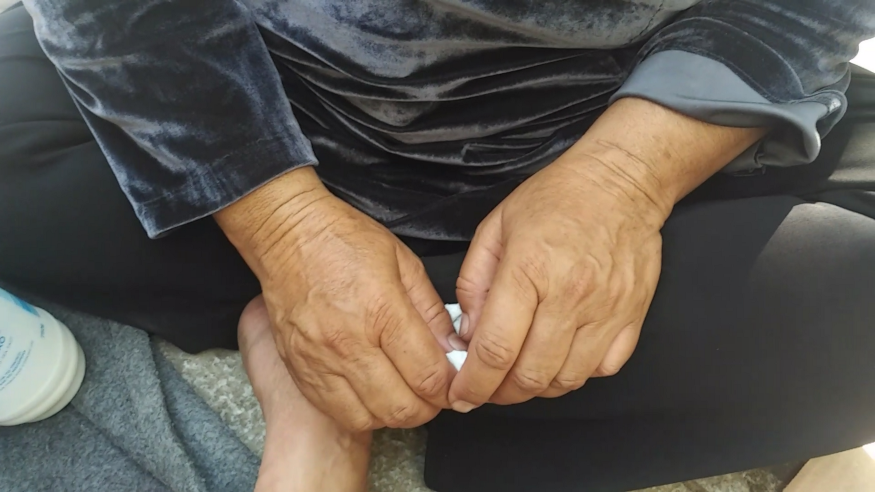
Story of LalehDokht
•
Every day, I took them to school by myself. However, we were harassed by the Taliban. We were told that studying was not a girl’s job and that it was a sin. But I didn’t want my daughters to grow up the way I did. I wanted them to go…
-
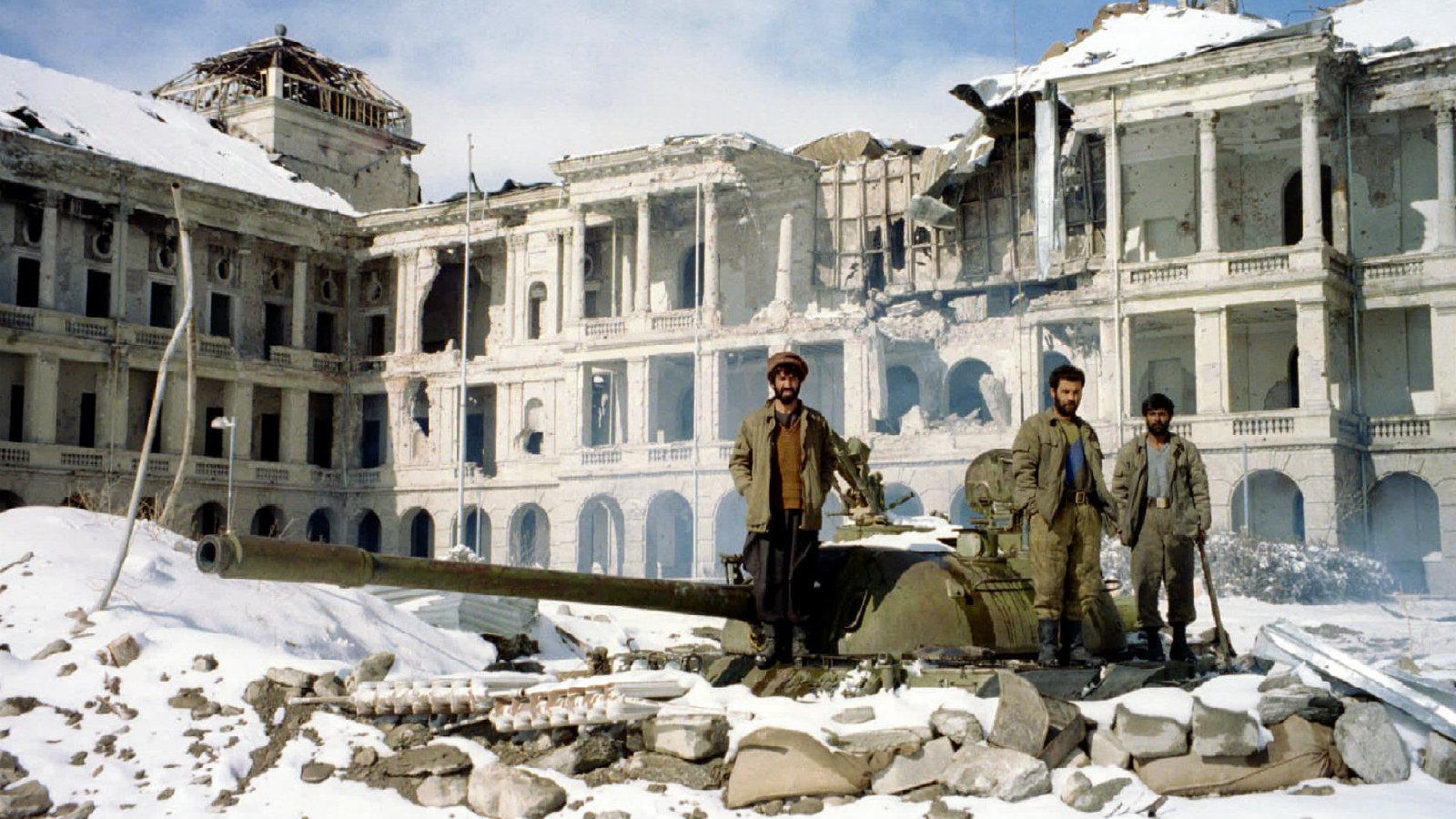
Afghanistan; State-building project in the era of warlords
•
chapter two The previous section examined the history of land reform in Afghanistan. We will examine the situation in the 1990s in this section. Many sources have been used in writing this article, some of them historically significant. One of these sources is a long analytical article published by a…
-
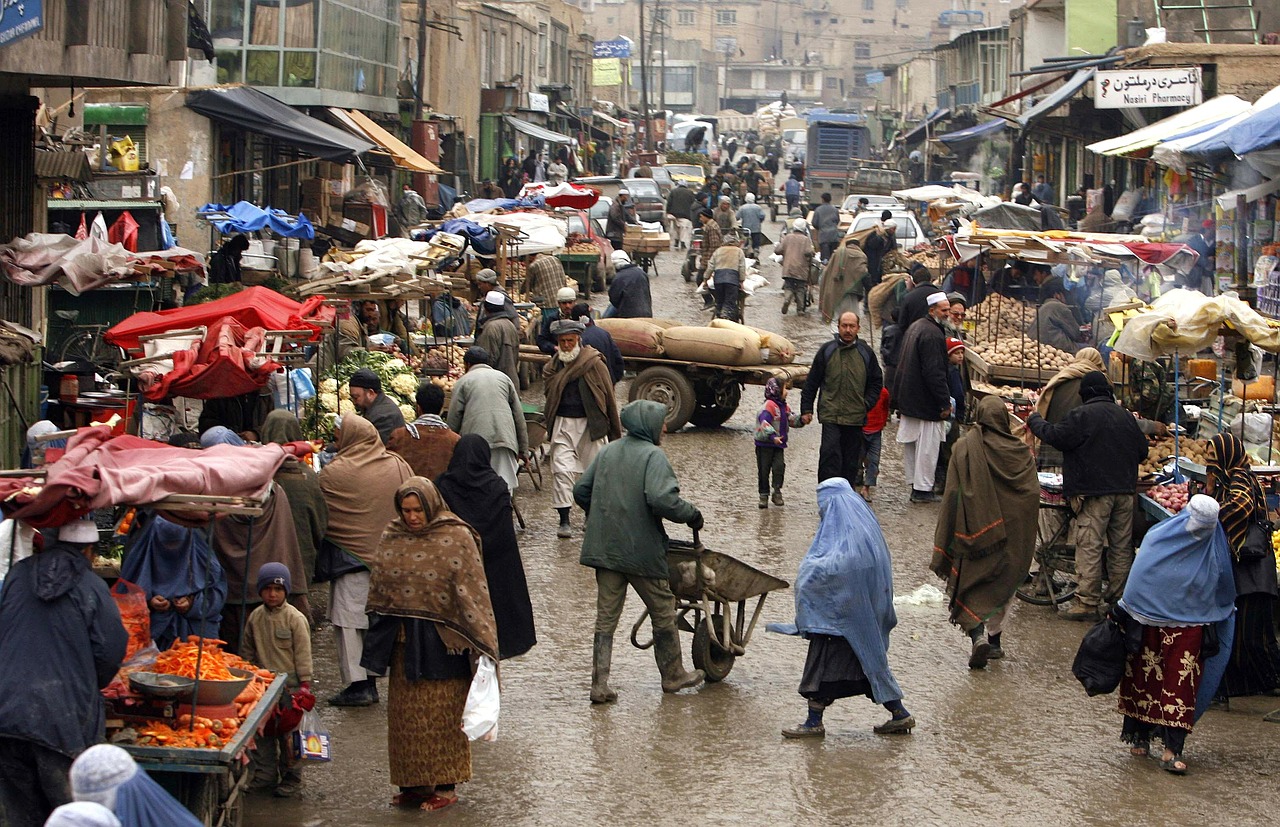
Afghanistan; the land of conflicts
•
chapter one Many sources have been used in writing this article, some of them historically significant. One of these sources is a long analytical article published by a political/labor collective in Iran. Its revolutionary historical and class analysis led me to use it to write this collection of essays. The…



